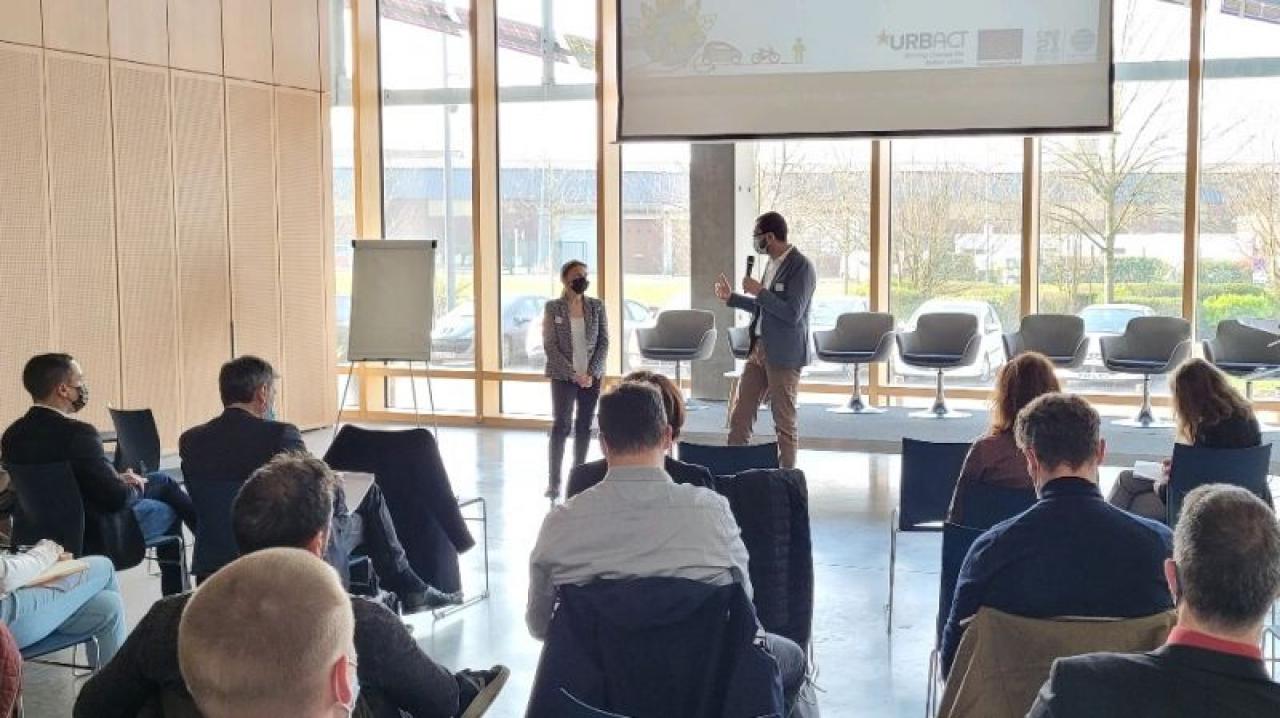
The Métropole Rouen Normandie (France) explains why and how to conciliate industry and energy management when the territory has a important industrial fabric. In other words, how to combine economic asset and development with energy transition with harmoniously.
The Métropole Rouen Normandie has a long history with industry. A great number of industrial companies is located on its territory, gathering about 29 000 employments, with a large panel of activities and sectors (automotive, chemistry, pharmaceutical, agri-food, aeronautics…). Chemical companies have settled down here along the Seine river benefacting from the port activities. A lot of these activities are mixed with or next to residential areas.
In 2018, the sector of industry and energy produced 39% of the territory’s GHG emissions (1.32 MTCO2e). 41% of the energy consumed was also from this sector.
“For these reasons, the reduction of the environmental footprint of industry has been identified as one of the major axes for our Urb-En Pact’s integrated action plan. The idea was to initiate a collective thinking, leading to the definition of a strategy for the transition of industry, and actions of stakeholders and of the Métropole Rouen Normandie to support and accelerate industrial companie’s engagement. This can only be done with industrials, and we thank them warmly for their active contribution in the Urbact local group (ULG).” say Nicolas Mayer-Rossignol, president of the Métropole Rouen Normandie, Marie Atinault, deputy chairman, in charge of ecological innovations and transitions, and Abdelkrim Marchani, deputy chairman, in charge of economy, trade, attractiveness, digital, European and international affairs.
Four steps have been designed for the work:
- The first consisted in the creation of a technical committee, whose work led to the identification of the main challenges for the future of industry. We defined also the stakeholders to involve and the difficulties to address.
- Then we created a thematic group based on the ULG, with additional members: 10 industries and different representatives of economic sectors.
- A study has recently been commissioned and is requested to make a detailed diagnosis and propositions for a strategy and an action plan.
- The next step will be to work with the experts and the stakeholders involved in the ULG on the co-elaboration of the action plan.
On march 24th was the 3rd meeting of ULG dedicated to industry, with a great positive dynamic in sharing experiences and difficulties to address climate transition. A good signal for the forthcoming collective work leading to the co-designing of actions !
